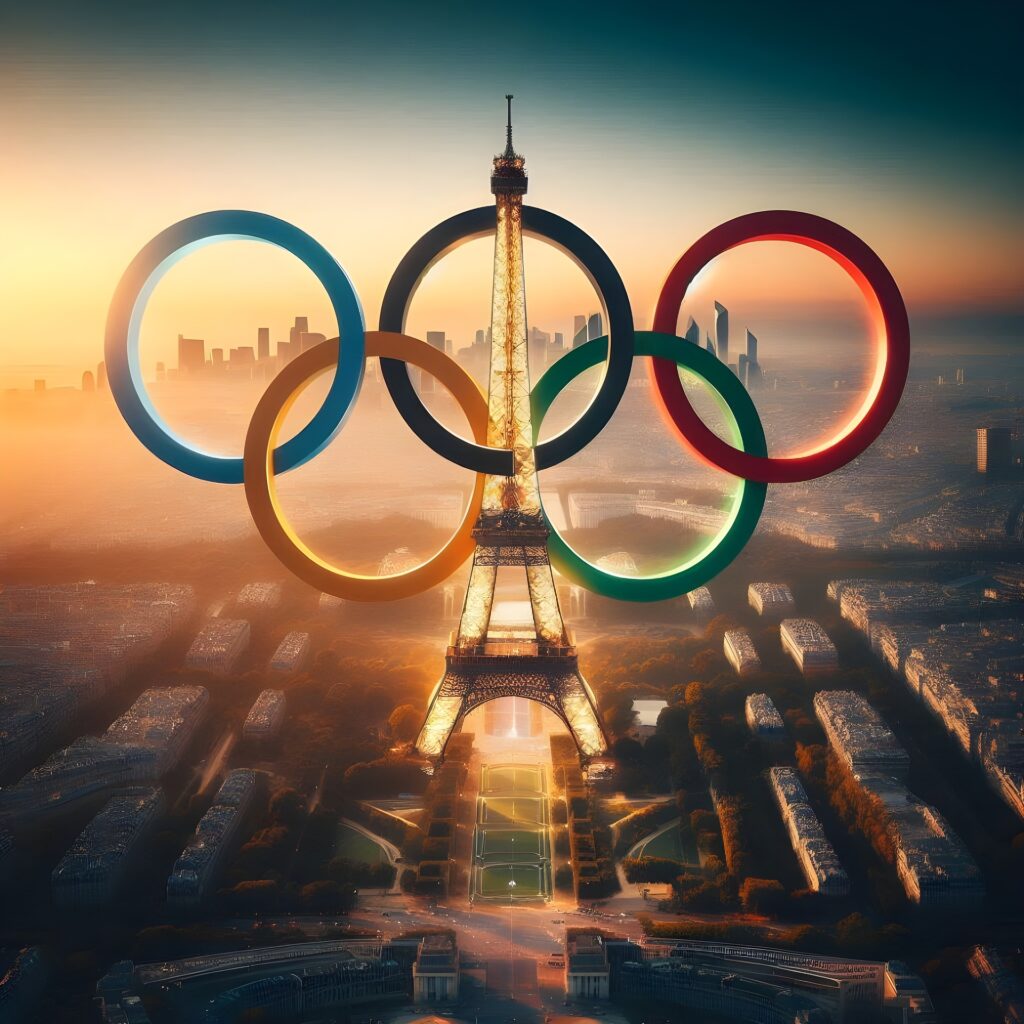Europe’s biggest challenge comes from within
Europe’s diverse cultures and shared Christian heritage have driven its historical success, but its identity is falling by the wayside.

Europe consists of a variety of countries and cultures with distinct traditions. The competition between them has long been the driver of developments. But Europeans also had something in common that was the fundamental component of success: a Christian heritage with its demand for self-responsibility and the call to “love thy neighbor.” Responsibility and respect for others in the community became part of the European soul. This message was enhanced by Greek philosophy and Roman law.
Unfortunately, neither the continent’s churches nor governments always lived up to these ideals, but they were there. This was the basis which spawned the Renaissance and made the era of Enlightenment and rationalism possible. The Christian heritage – independent of whether one is a believer or not – and the Enlightenment became the binding forces of European civilization.
A shared heritage
These ideas also migrated to North America and became the basis for democratic developments on both sides of the Atlantic. In 1957, after two disastrous wars in Europe, the first European acts were signed as the Treaties of Rome; a new European renaissance after the horrors and atrocities borne of brutal ideologies. Before the signing ceremony, the signatories attended a Mass in the Basilica of Saint Lawrence, although they were not all religious. Whether people were religious or not, this common heritage allowed the extraordinary and peaceful European integration process to unfold.
Unfortunately, identity based on Judeo-Christian heritage has been widely abandoned, and worse, it is now even seen as detrimental and alien by many. But what then is left as European identity? Some vague ideas of European values are routinely proposed and there is the solidarity of a welfare state. This exaggerated welfare state – beyond necessary solidarity – has, however, been detrimental in two ways. First, more money is spent than is sustainably available, and worse still, too much is expected from the state, resulting in the abandonment of self-responsibility. In this context, people seduced by expediency have started to exchange personal freedoms, critical thinking and their identity for an illusion of security.
Inclusion through respect, not mockery
Having an identity neither means exclusion nor intolerance. To the contrary, only self-confidence is the basis for openness. But lately we see strong anti-Christian movements entering politics, media and a degenerated part of culture. A striking example was the opening ceremony of the 2024 Summer Olympic Games in Paris. The tasteless parody of the Last Supper was a mockery of religion in general and an offense to any Christian in particular. What that has to do with sports and its nature of bringing people together is incomprehensible.
Furthermore, the handpicked glorification focused on drag themes, and the general negativity of the performance will serve as perfect proof for authoritarians to showcase Western decadence and the loss of identity. It will certainly not help bring about necessary inclusion. Sports, to the contrary, is a great integrator, regardless of faith, sex, color or politics.
Author: Prince Michael of Liechtenstein – founder of GIS
Source:





